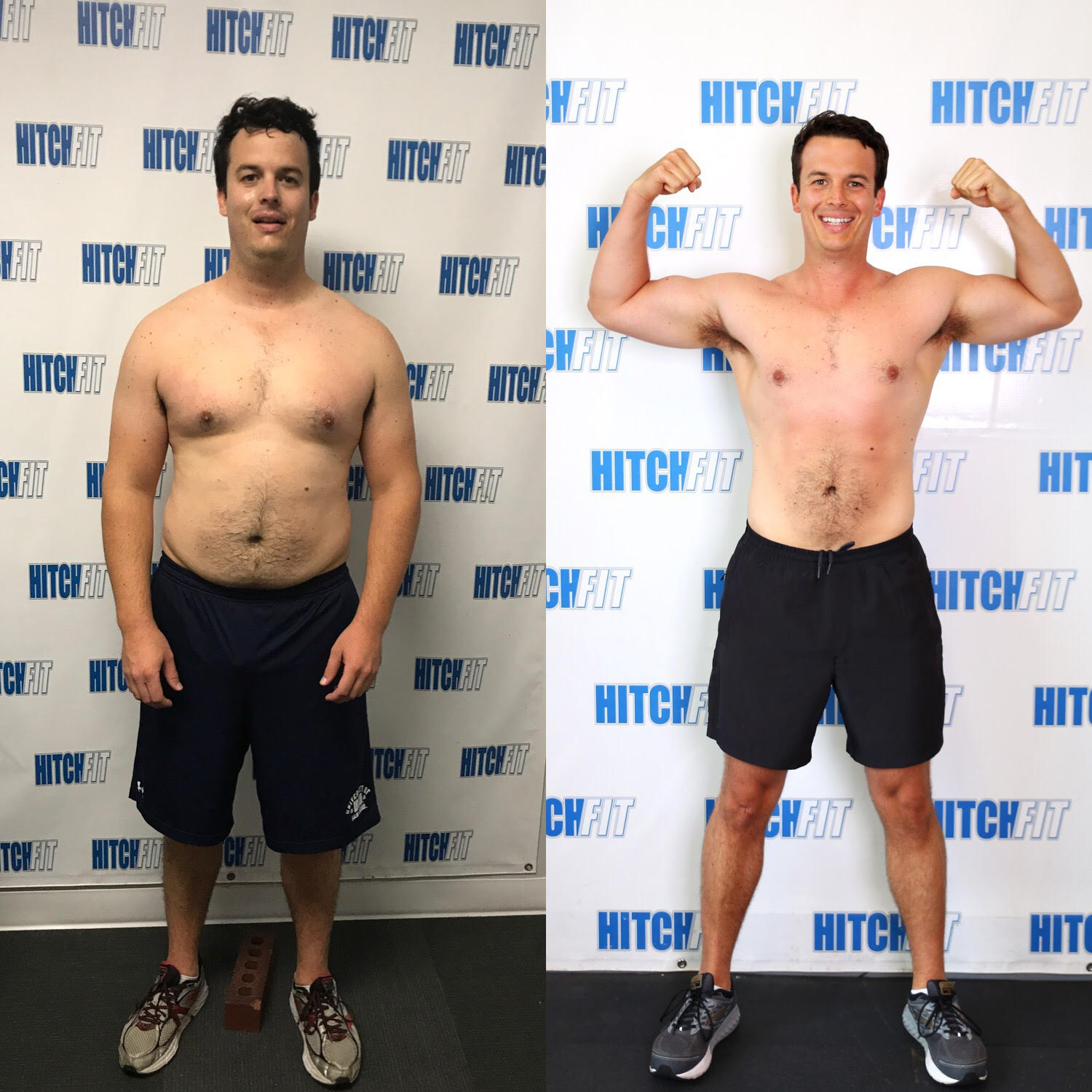Best Weight Loss Pills of 2025? How Celebs Dropped 30+ Pounds Without a Single Prescription

“I thought I needed pills. I didn’t. What I needed was a mirror and a good walk,” says Emmy-winning actress Dana Fielding, sipping a green smoothie in oversized sunglasses. And no, she’s not joking.
For decades, Hollywood has fed us a fantasy of effortless thinness—magical pills, mysterious teas, and those infamous “two-week detoxes.” But when you sit down with the stars who've actually lost serious weight—we're talking 30, 50, even 70 pounds—a different story comes out.
In 2025, the conversation around the best weight loss pills has shifted from “what to swallow” to “how to live.” So we asked the question: Are weight loss pills really working—or is there something else going on?
Let’s talk about Josh Kingston, the comedian whose transformation left fans speechless. You know Josh—loud, funny, forever eating nachos on talk shows. But when he walked the red carpet at the 2025 Golden Globes in a fitted tux and visible cheekbones, the Internet lost it.
“People asked if I was on Ozempic. Honestly? I wasn’t. I just stopped pretending I was okay.” Josh opened up about emotional eating, anxiety, and the 75-day walking challenge that kickstarted his journey.
Sure, the best weight loss pills like Phentermine, Orlistat, and Contrave still dominate pharmacy shelves, with FDA approval and real effects—but they’re only part of the puzzle.
“I’m not saying pills don’t help,” he adds. “But if your mind isn’t in the right place, the scale won’t be either.”
So, What Are the Best Weight Loss Pills in 2025?
We get it. You searched this because you're curious—or desperate. And yes, we dug through the research, the expert reviews, and even Walmart’s bestseller list to break it down. Let’s take a quick peek at what’s buzzing:
Used for years, this one suppresses appetite and boosts energy. People report losing up to 20 lbs in 3 months, but side effects can include dry mouth and insomnia.
It blocks fat absorption. Yep, it literally stops your body from absorbing about 25% of fat intake. But be warned: oily stools are real.
Targets the brain’s hunger and reward centers. It's particularly popular among those with emotional eating patterns. Results vary—but some drop 15–20 pounds in 12 weeks.
Originally for diabetes, now everywhere in the weight loss world. These mimic a natural hormone and can lead to a 15–18% drop in body weight over time. But they must be prescribed and can cost a small fortune.
But here's what no pill ad will tell you: none of them work without lifestyle change. Even the “strongest” weight loss meds are only tools—not miracles.
Behind Every Pill is a Story—and Often a Struggle
Let’s rewind to 2019 Adele, before the world gasped at her sleek new frame. Rumors swirled—Ozempic? A gastric balloon? But her reps insisted: “No medications. Just food, fitness, and focus.”
The same goes for Rebel Wilson, who shared that she tried pills in her twenties. “They worked. Then they didn’t. Because I didn’t fix what was happening inside,” she told Women’s Health. Her real transformation started when she committed to a year of no sugar, daily walks, and a sleep coach.
Sound boring? Maybe. But those “boring” habits helped her shed more than 60 pounds—and keep them off.
Best Weight Loss Pills: Why Some Work—and Some Just Work for a While
“I tried everything,” says Bria Carter, a 34-year-old music publicist. “Contrave made me nauseous. Qsymia gave me the jitters. At one point I was 215 pounds and crying in dressing rooms.”
Now? She’s 172 pounds, down 43, and glowing. Her method?
“Meal prepping. Strength training. I see a therapist every Thursday. Not sexy—but it’s working.”
Bria’s not alone. A 2024 study from the Cleveland Clinic analyzed 143 studies on weight loss meds. The verdict? Meds like GLP-1s and phentermine-topiramate were effective only when paired with consistent exercise and dietary changes.
The Emotional Toll: “I Thought Thin Would Mean Happy”
This might be the hardest truth in the whole discussion around the best weight loss pills.
“I lost 50 pounds and still hated myself,” confesses L.A. model-turned-health-coach Sienna Blayze. Her moment of clarity? Standing in front of a mirror, two months post-weight loss, and realizing nothing inside had changed.
She now helps clients ditch the scale obsession and reconnect with movement, food, and self-compassion.
FAQ: What Everyone’s Asking About the Best Weight Loss Pills
Nope. Even the most powerful prescription pills require lifestyle change. They can jumpstart progress—but maintenance is all on you.
Orlistat (Alli) is often considered the safest OTC option, though it comes with “bathroom warnings.” Among prescriptions, Qsymia and Contrave are widely used under medical supervision.
Only OTC ones like Alli. The most effective options—like Wegovy, Qsymia, or Contrave—require a doctor’s script.
Similar, but not identical. Both are GLP-1 agonists, but Wegovy is FDA-approved for weight loss, while Ozempic is technically a diabetes med (though often used off-label).
On average: 5–15% of your body weight over 3–6 months, if combined with diet/exercise. But results vary widely.
Final Take: The Best Pill Is Probably Already Inside You
Sure, there are legit meds out there. And for some, they’re lifesavers. But after dozens of celeb chats, success stories, and real data—one thing’s clear:
No pill replaces self-awareness, sweat, and showing up for yourself.
Or as Josh Kingston puts it:
“You can take all the pills you want. But if your brain’s still on the couch eating pizza, guess what? So are you.”
So maybe the best weight loss pill in 2025 isn’t a pill at all.
Maybe it’s hope. A new playlist. A walk around the block. And the decision to try again—this time, differently.
And hey, if you need help along the way? That’s okay too. Just don’t expect a miracle in a bottle.
You’re the miracle.
